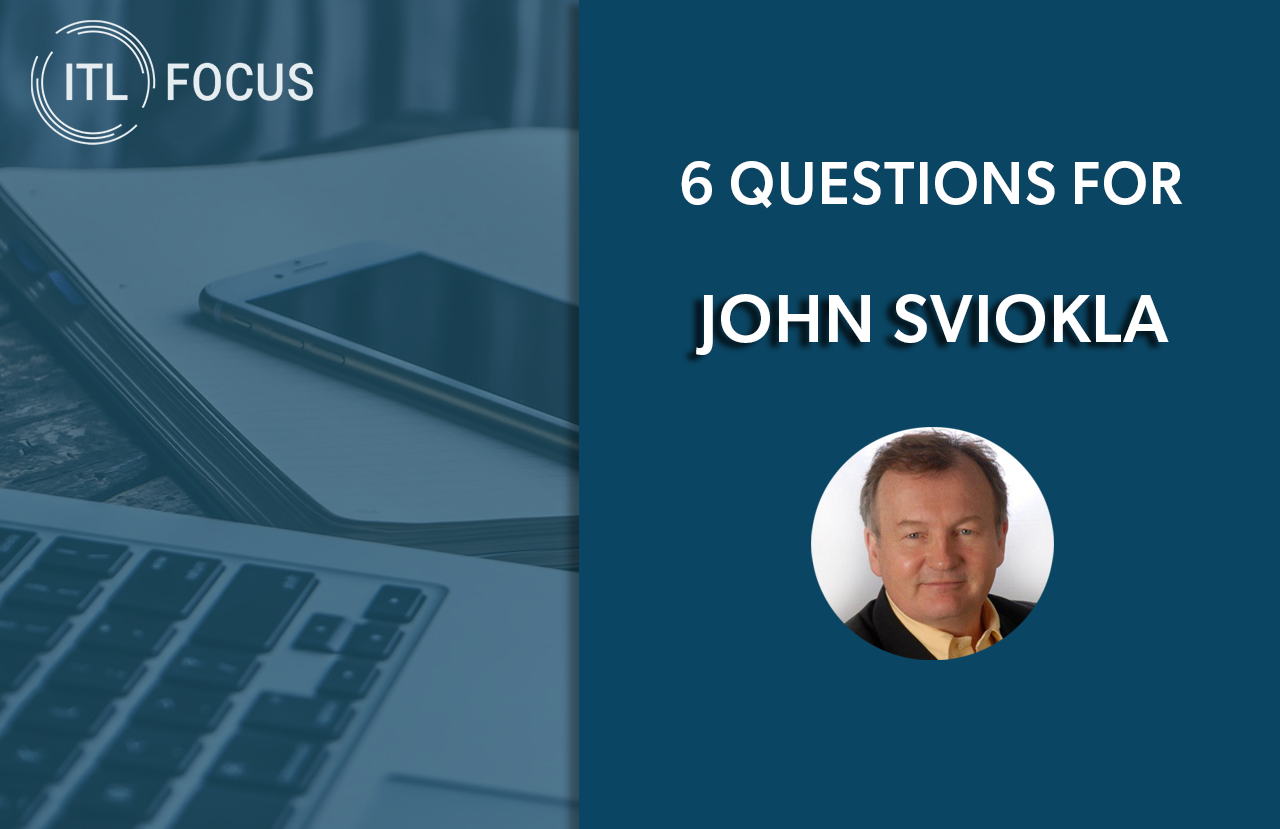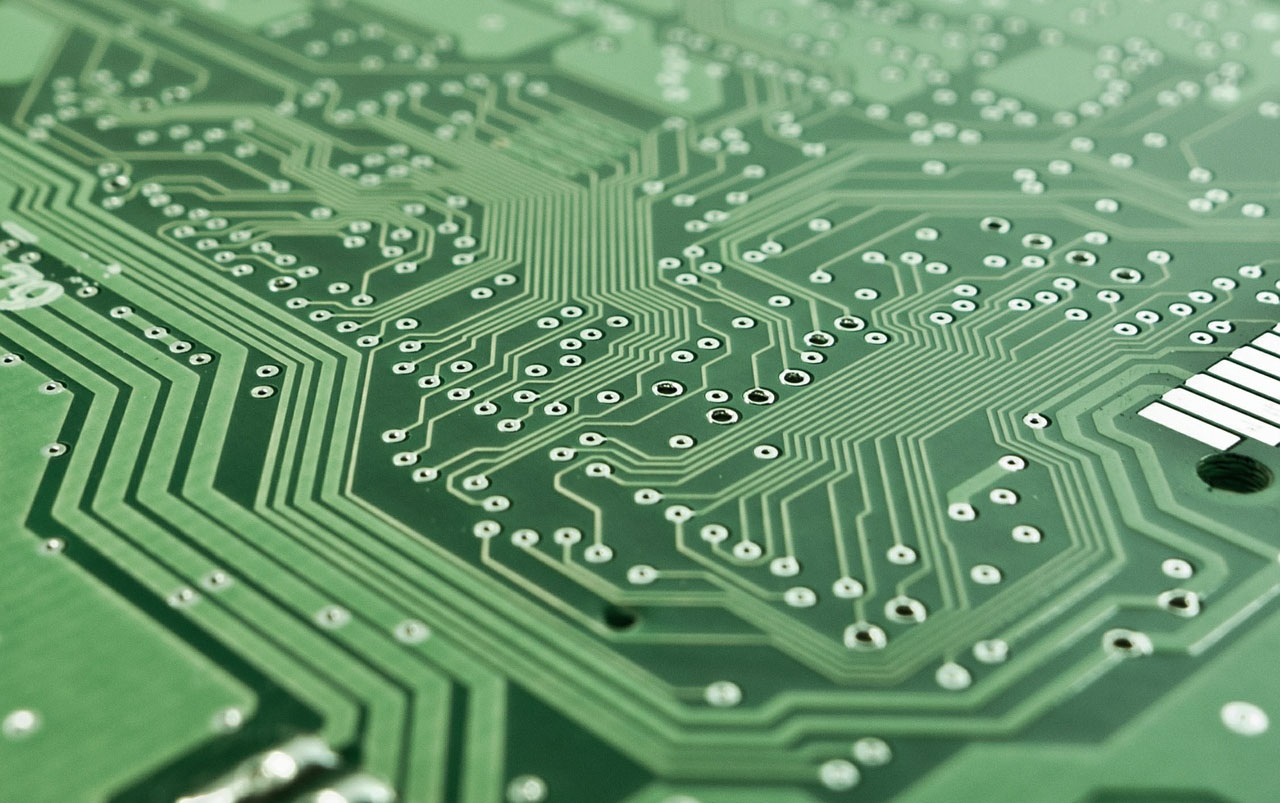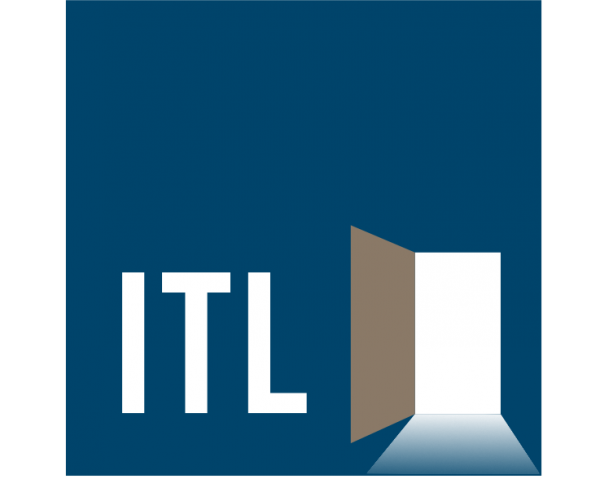As part of this month's ITL FOCUS on blockchain, we spoke with John Sviokla, strategic adviser at Manifold and former senior partner and chief marketing officer of PwC, about the future impacts and strategic implications of blockchain.
You've made a career out of identifying the strategic possibilities of technology -- going back at least to the seminal piece about e-commerce that you co-wrote in Harvard Business Review in the early 1990s, before most of us had even heard of an internet browser. How revolutionary do you think blockchain will be?
I think blockchains are going to be a big deal for at least three things: trading, in general; supply chains; and identity, in particular.
Let’s start with trading. You have an intriguing idea about “computability” – about how more of what happens in the world can be recorded and turned into data that can be analyzed and manipulated by computers. In insurance terms, I think, for example, of how AI increasingly lets companies turn “unstructured data” into structured forms that can inform decisions on claims and underwriting, but your concept relates to a far broader set of transactions.
The world is becoming more “computable” all the time. As the world becomes more computable, it is possible to trade not only money but anything worth anything, as long as there is a good syntax and semantics about what is being traded and there is a power to “enforce” the trade.
Think of these emerging markets as being like commodity markets, where you can get real corn and where you can also trade corn futures. Derivative markets trade orders of magnitude more volume than markets in the underlying commodity do. I think the corn futures market trades more than the whole annual corn crop — daily.
Imagine this sort of derivative trading happening with every part of the economy that has become computable and contractable.
That would be quite something. You remind me of a piece you wrote for me some 20 years ago, where you said people would be able to use the internet to basically list for rent or sale everything they own, all the time. If I’d thought more deeply about what you wrote, maybe I’d have started Uber or AirBnB, rather than just being a consumer.
Will these blockchain-based trades have to happen in markets, or can they be between individuals and between companies?
Some of these trades will happen in “markets.” Many others will happen over the counter, and over-the-counter markets can grow very fast if there is a way to trade, reliably, with anonymous parties. Let’s do a thought experiment. The global economy is about $80 trillion, give or take. Let’s say that 10% of the global economy is illegal. (I think the percentage is bigger). If the illegal economy is $8 trillion, that’s about three times the size of the French economy. Blockchain has got to be more efficient for many illegal transactions than other means are, so the illegal market, just by itself, will be big for blockchain. On the legal side, there’s tons of over-the-counter trades that can be enabled, generating massive new volumes in the “futures” of anything.
How about your second point: changes to the supply chain because of blockchain?
Any complex supply chain runs across many parties. Think of blockchain as being like container shipping. Container shipping allows for someone to pack something in Sri Lanka, and it gets sealed until it reaches Dubuque, IA. If you read the book “The Box: How the Shipping Container Made the World Smaller and the Economy Bigger,” by Marc Levinson, you find out that simply standardizing the container had vast implications for costs, control, trade, etc. Blockchain can provide that kind of standard structure for payments.
And for identity?
I think deep fakes, etc., are only beginning. [Deep fakes are sophisticated forgeries of images, even videos, that purport to show something that never happened.]
A researcher at Carnegie Mellon, by the name of Rita Singh, has worked on using human voice to create a profile of people and locations. With a 30-second sample of my voice, she created a 3D profile of me that was pretty accurate – my age within two years, my blood pressure within 10 points, my weight within five pounds, a personality profile, the type of room I was in and even the fact that I had something askew with my skeleton. (I had a knee replacement five years ago.) When the deep fakes come along, I’d like some of my interactions to draw on her technology, which can tag me convincingly to a specific location, date and time. (For instance, if I’m in my car, it will sound different than yours.) I think of what she’s doing as a blockchain-enabled identity vector that brings my reality in space time into my needs to establish my identity. What she’s providing would be very hard to fake, and I want one. Blockchain is a supporting technology.
When we were partners at Diamond Management & Technology Consultants (now part of PwC) back in the 1990s, we interviewed Ronald Coase, the economist who came up with the notion of transaction costs, for the cover of the magazine I edited for the firm. He said the internet would take out a whole layer of transaction costs and reshape commerce, and he was right. Will blockchain do the same?
Coase was right — any time you change transaction costs, organizations change a lot. Google sucked many individual classified ads from the market into one giant company because Google has lower transaction costs than the market for individual ads did. Etsy likewise created a marketplace of supply because its transaction costs were lower for individuals who make and sell craft items. Blockchain will have an effect similar to what happened with Google and Etsy.
Many people predicted, especially in the early days of the internet, that a decline in transaction costs would “flatten” markets and give everyone a similar opportunity to compete, but lower costs actually let companies differentiate themselves and let some achieve enormous scale – like Amazon’s AWS cloud computing service. Blockchain, by lowering costs, will enable lots of new transactions. But I bet the scale will go to large, over-the-counter, distributed markets facilitated by the existing giants (Facebook?) or by new ones.
Blockchain’s lower costs will start all fun and decentralized but then grow into the mega-companies we use every day (which should be regulated and broken up, in this man’s opinion.)






